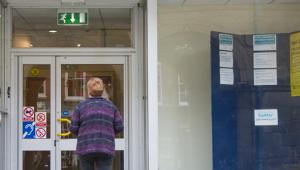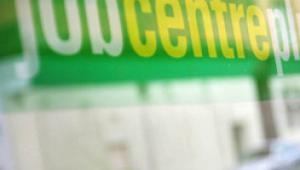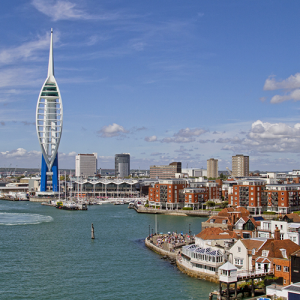By Vivienne Russell | 20 November 2012
Real incomes in the UK have fallen since the recession hit in 2008, the Office for National Statistics has revealed in its first national wellbeing report.
The report has come out of the ONS’s Measuring National Wellbeing Programme, launched two years ago. It brings together a broad range of economic, social and environmental statistics in an attempt to capture and monitor public satisfaction levels and provide a fuller, more informed snapshot of life in the UK.
According to the report, real household actual income per head grew from £16,865 to £18,159 between 2002 and 2008, before falling to near 2005 levels in 2011 (£17,862). Gross domestic product also increased in the first part of the 2000s, but dropped by 6.1% between 2007 and 2009, before rising again in the two years to 2011.
One in eight people now say they are finding it ‘quite’ or ‘very difficult’ to manage financially, but satisfaction levels have remained broadly stable.
Public sector net debt increased from 32.5% in 2003 to 42.8% in 2008 before rising to 65.7% in 2011.
The ONS said there were signs that wellbeing measures were being used to inform policy making. For example, people with poor mental health and low perceptions of their own wellbeing take longer to find work. ‘Connections could now be made between jobcentres and mental health trusts to address the issue,’ the ONS said.
National statistician Jil Matheson added: ‘These findings emphasise the need to look beyond the “average” or national picture – it is understanding these difference that will highlight the real areas of need.’



Real incomes in the UK have fallen since the recession hit in 2008, the Office for National Statistics has revealed in its first national wellbeing report.
The report has come out of the ONS’s Measuring National Wellbeing Programme, launched two years ago. It brings together a broad range of economic, social and environmental statistics in an attempt to capture and monitor public satisfaction levels and provide a fuller, more informed snapshot of life in the UK.
According to the report, real household actual income per head grew from £16,865 to £18,159 between 2002 and 2008, before falling to near 2005 levels in 2011 (£17,862). Gross domestic product also increased in the first part of the 2000s, but dropped by 6.1% between 2007 and 2009, before rising again in the two years to 2011.
One in eight people now say they are finding it ‘quite’ or ‘very difficult’ to manage financially, but satisfaction levels have remained broadly stable.
Public sector net debt increased from 32.5% in 2003 to 42.8% in 2008 before rising to 65.7% in 2011.
The ONS said there were signs that wellbeing measures were being used to inform policy making. For example, people with poor mental health and low perceptions of their own wellbeing take longer to find work. ‘Connections could now be made between jobcentres and mental health trusts to address the issue,’ the ONS said.
National statistician Jil Matheson added: ‘These findings emphasise the need to look beyond the “average” or national picture – it is understanding these difference that will highlight the real areas of need.’





















